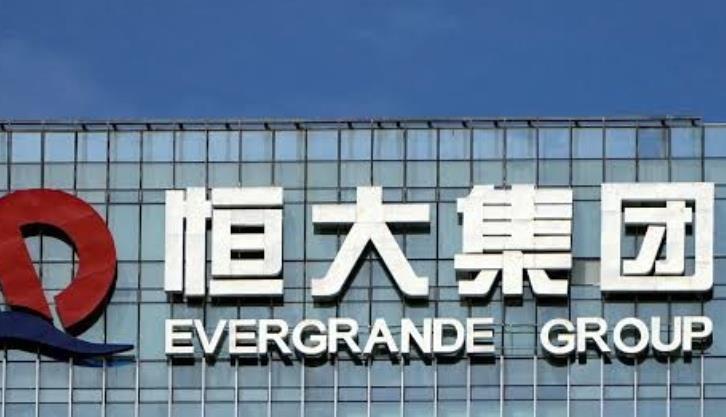China’s Evergrande Group, the world’s most indebted property developer, has filed for bankruptcy protection in a US court as it faces a severe liquidity crunch and a potential default on its $300 billion debt pile.
Evergrande’s downfall and its impact on China’s economy
Evergrande was once China’s top property developer, with more than 200,000 employees and over 1,300 projects in hundreds of cities. It was also a major player in other sectors, such as electric vehicles, sports, media and tourism.
But the company’s aggressive expansion was fueled by excessive borrowing, which became unsustainable as China’s government tightened regulations on the real estate sector to curb debt risks and rein in soaring property prices.

In 2021, Evergrande failed to meet its debt obligations and triggered a market panic that sent shockwaves through China’s economy and global financial markets. The company’s shares and bonds plunged, while many of its suppliers, contractors and homebuyers protested for their money.
Evergrande’s crisis also exposed the fragility of China’s property market, which accounts for about a quarter of the country’s GDP and is a key source of income and wealth for millions of households. As other developers also struggled to repay their debts, housing sales and construction activity slowed down, weighing on economic growth and consumer confidence.
Evergrande’s restructuring plan and its challenges
Evergrande has been working on a debt restructuring plan since late 2021, under the supervision of the Chinese authorities. The plan involves offering its creditors a choice of swapping their debt into new bonds issued by the company or equities in its subsidiaries, such as Evergrande Property Services Group and Evergrande New Energy Vehicle Group.
The company also filed for Chapter 15 bankruptcy protection in a New York court on Thursday, which would shield its US assets from creditors while it works on its restructuring deal. The court has scheduled a hearing for September 20 to consider the request.
However, Evergrande faces several challenges in implementing its restructuring plan. First, it needs to get the approval of at least 75% of its creditors, who may not be satisfied with the terms of the deal or the valuation of the assets. Second, it needs to raise enough cash to resume work and deliver its unfinished projects to homebuyers, who have paid billions of dollars in advance. Third, it needs to deal with the legal actions taken by some of its creditors and investors, who have sued the company for breach of contract or fraud.
Evergrande’s future prospects and implications for China
Evergrande’s bankruptcy filing is seen as an important step for its recovery, as it could help the company avoid a disorderly collapse and ease some of the pressure on the financial system. However, it does not mean that the company is out of the woods yet. It still faces a long and uncertain process of restructuring its debts and restoring its operations.
The fate of Evergrande will also have significant implications for China’s economy and society. On one hand, it could serve as a wake-up call for other developers to reduce their leverage and improve their governance. On the other hand, it could pose risks of social unrest and contagion effects if it fails to meet its obligations to its stakeholders.
The Chinese government has been closely monitoring the situation and has taken measures to support the real estate sector and maintain financial stability. However, it has also signaled that it will not bail out Evergrande or other troubled developers, as part of its efforts to deleverage the economy and prevent moral hazard.
